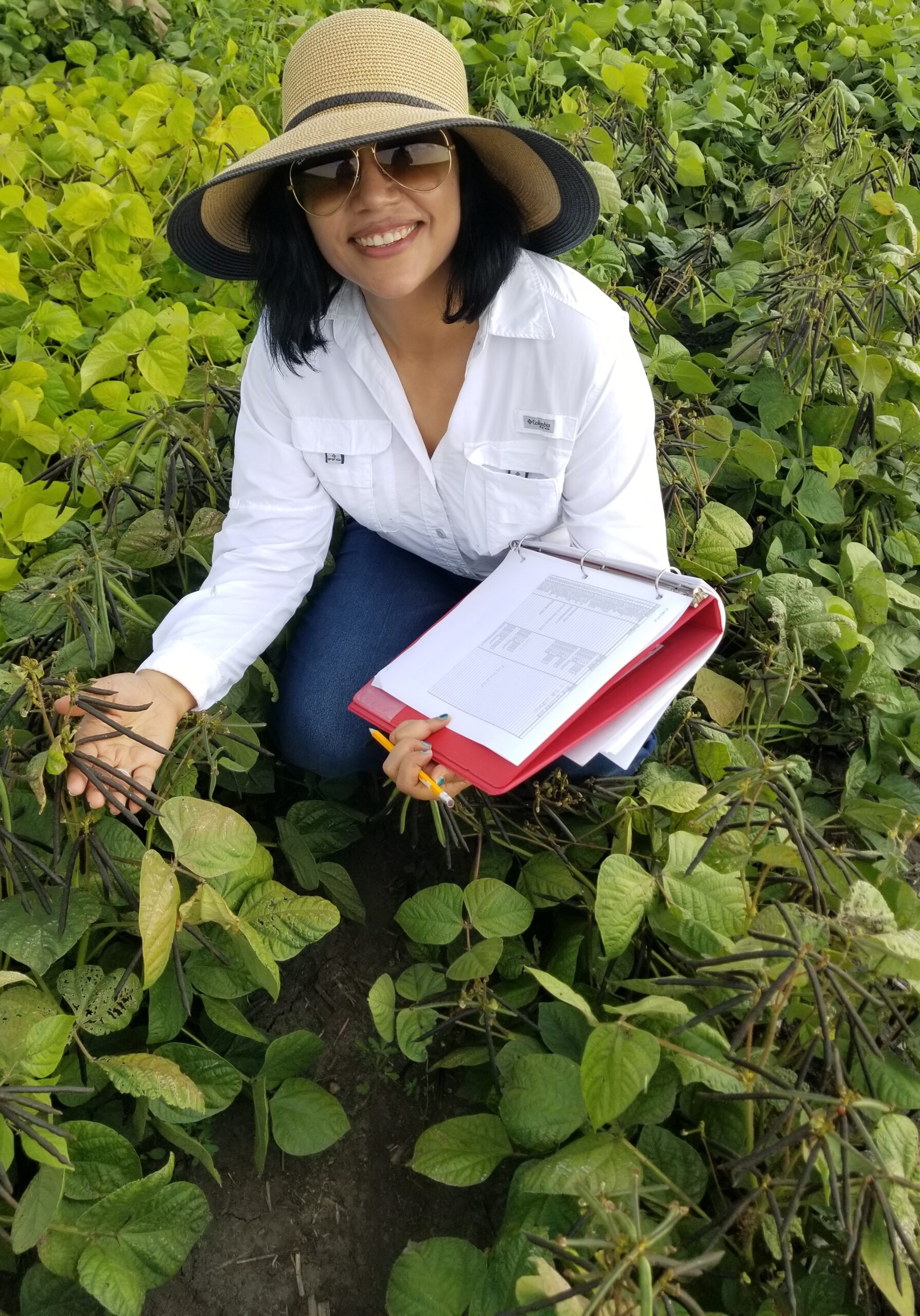A multi-scale data assimilation framework for layered sensing and hierarchical control of disease spread in field crops
PI – Soumik Sarkar; Co-PI – Arti Singh, Baskar Ganapathysubramanian, Asheesh Singh and Daren Mueller
The availability of cheap, deployable, and connected sensor technology has produced a data deluge at varying spatial, temporal, and fidelity scales. Currently, algorithms are not well-suited to assimilate multi-scale heterogeneous data, such as continuous temporal data with discrete event driven data, or image data with time-series data; therefore, a major challenge is the lack of standardization which would facilitate the interoperability of different platforms. The objective of this proposal is to develop and deploy an agricultural analytics framework that assimilates multi-scale heterogeneous data and provides actionable information for the control of disease spread in field crops. The proposed framework will: (a) effectively extract actionable information from multi-length/time/frequency scale data at the plant, plot and field levels; and (b) build an efficient decision support system for early detection and mitigation of row crop diseases. We will accomplish the objectives through: (a) using machine learning concepts to extract disease signatures from heterogeneous data within a layered sensing architecture; (b) developing graphical, and probabilistic models for multi-scale data assimilation and prediction of localized disease onset and spread; (c) integration of mathematical, and cyberinfrastructure tools with physical multi-scale sensing platforms for hierarchical active information gathering and subsequent decision-support for mitigation strategies; and (d) deployment of the framework on research farms as well as dissemination of results to the broader farming and research community. The outcomes of this research will benefit a broad spectrum of the agricultural community, from small scale farmers to large scale farming operations and plant scientists. The validated framework will facilitate informed decision-making by the farming community and to accelerate plant breeding to create robust crops under changing climatic conditions. The highly interdisciplinary research activities will help train the next generation of scientists and engineers to tightly integrate cyberinfrastructure advances with agricultural systems.

